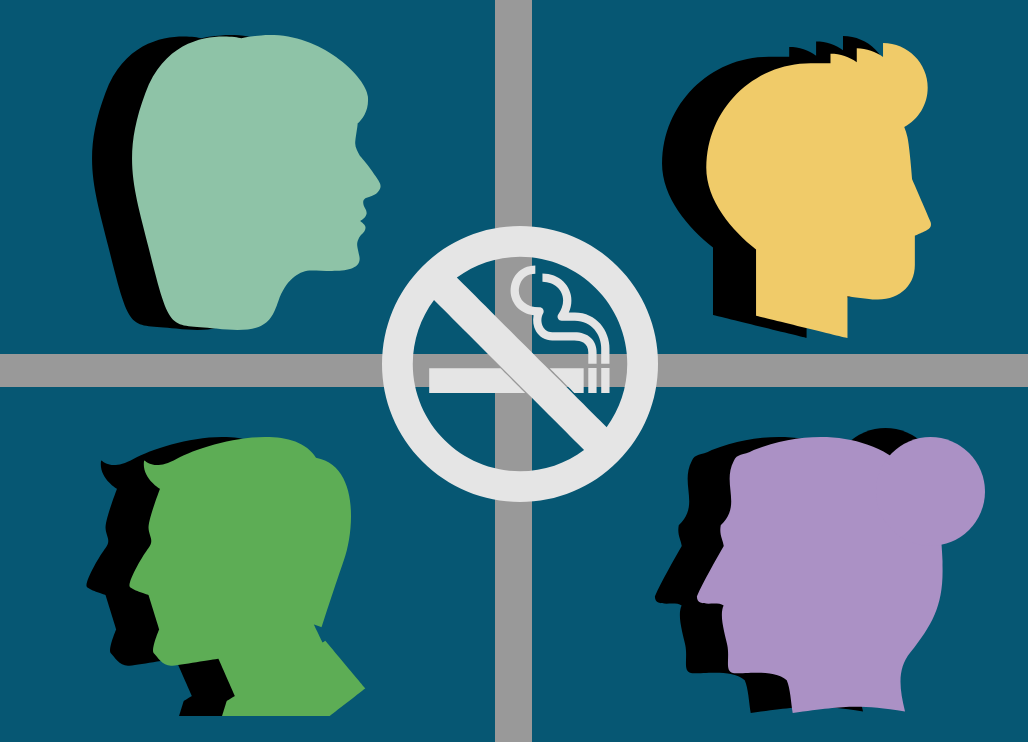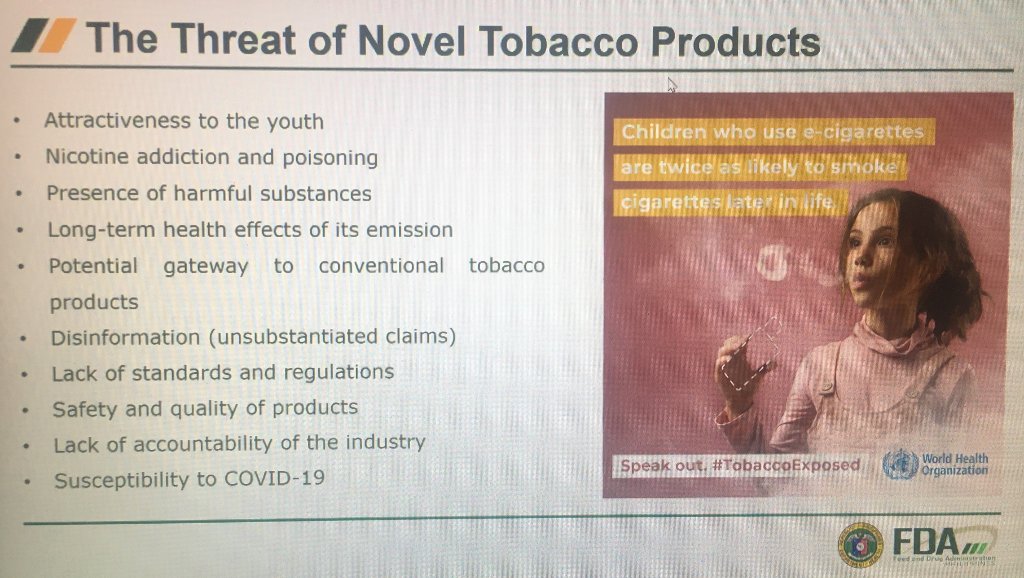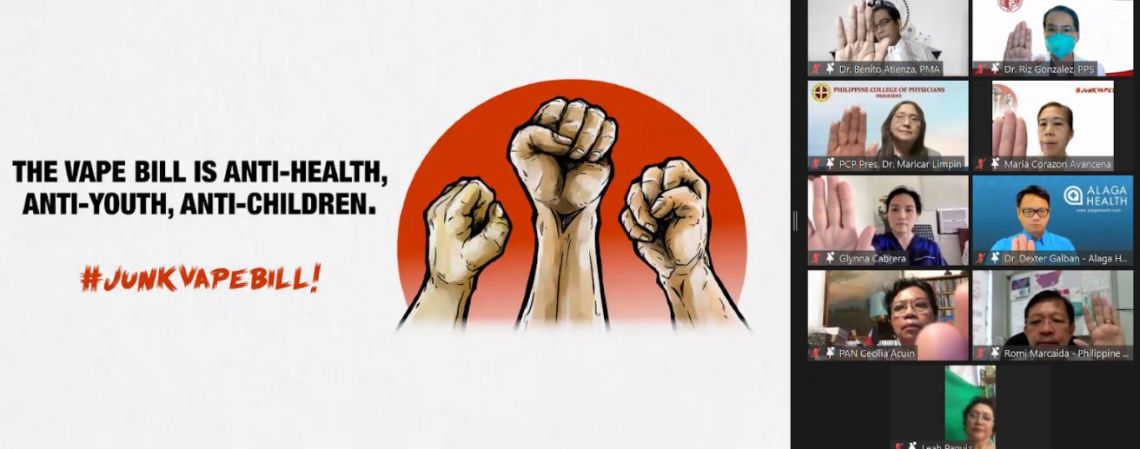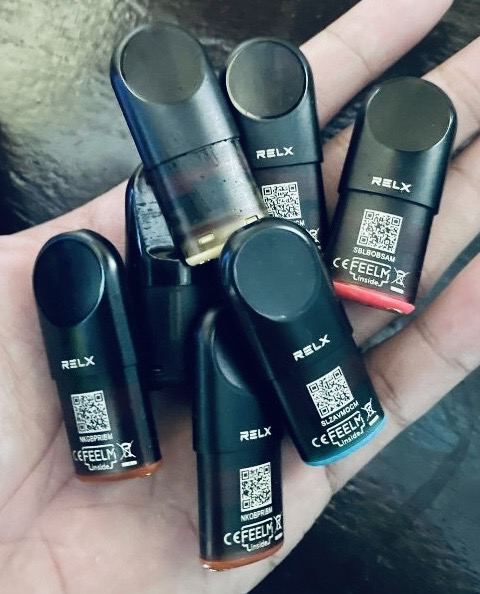The Philippines is one of 15 countries with a heavy burden of tobacco-related ill health, according to the Department of Health (DOH). Yet many smokers still actively engage into the habit despite graphic warnings on cigarette packs.
An estimated 110,000 Filipinos die from tobacco-related diseases each year, according to the 2015 Philippines Global Adult Tobacco Survey (GATS).
Around 23.8% of Filipinos aged 15 and above, based on the same study, use tobacco products.
The World Health Organization (WHO) said 80% of the world’s one billion smokers live in low- and middle- income countries like the Philippines.
“The proportion of people using tobacco has declined in most countries, but population growth means the total number of people smoking has remained stubbornly high,” according to a July 27 WHO press release.
What attracts young people to smoking and how do they get hooked into it? How do they get out of it? VERA Files spoke to four current and former smokers to hear their stories on how addiction to smoking has changed their lives.
Angie Sanchez, 33
“Nasa huli ang pagsisisi (Regret is at the end),” said Angie Sanchez, 33, who works as a customer service representative in a call center in Quezon City.
Sanchez said she started smoking when she was in high school. Her friends persuaded her to light up her first cigarette.
Being a minor that time, Sanchez would ask the family’s househelp to buy cigarettes for her.
“My classmate, whose family owned a small store that sold cigarettes, also sneaked some for us,” she said in Filipino.
“We smoked at her place when we were alone. Sometimes, in Glorietta, or in a billiards place, wherever my friends wanted to go. But we never smoked in school,” she clarified.
She wasn’t smoking regularly then, but the addiction kicked in years later in 2015, when she could finish one to two packs everyday.
“I started getting addicted in 2015. That’s when I really inhaled [the smoke] into my lungs. Smoke, drink soft drinks, smoke again,” she said.
The habit changed when, a year into the novel coronavirus disease 2019 (COVID-19) pandemic, three of her neighbors had tested positive for the virus.
“I immediately thought that if I were to get infected, my lungs would be the first one affected. I’d die and I wouldn’t even last in quarantine for 14 days. Considering my lifestyle, I’d obviously be in a critical situation,” she said.
The DOH said the condition of lungs damaged from smoking may worsen when dealing with the effects of COVID-19. Tobacco use affects the immune system, making smokers less able to fight off infections.
Asked if she ever thought of switching to vaping to quit the addiction, Sanchez said she had gone cold turkey, or stopped suddenly. At the same time, she also stopped drinking coffee and soft drinks.
“I’ll never go back [to those habits]… If you want to quit, there should be no alternative because vaping is like smoking. It’s the same even if they say there’s zero nicotine,” Sanchez reasoned out.
Smoking doesn’t look as cool as she thought it to be at first, she added.
“For now, you don’t feel any health problems kicking in, but let’s see what happens when you reach your 30s. That’s when you’ll feel the effects of all the alcohol, cigarettes and drugs you tried when you were younger.”
Randy Notado, 38
The story of how he quit smoking seems unbelievable, but Randy Notado, 38, swears it is real. After 25 years of smoking, he dreamt about God telling him to stop the nicotine addiction.
“He (referring to Jesus Christ) said he has plans to use me as a vessel for the church. I woke up crying and told myself that I’ll stop smoking,” Notado said. When he woke up, it was 3:16 am, which he equated to a popular verse in the Bible about God’s promise for everlasting life.
That day he’d gone cold turkey.
Notado, who was brought up in a religious family, started puffing cigarettes when he was 13. His family owned a small store from where he used to sneak cigarette sticks when no one was looking.
Like Sanchez, Notado got interested in smoking out of peer pressure.
“For years, my family – my mom, dad and siblings – they’ve been praying for decades for me to stop smoking. Quitting smoking was the hardest,” he said. Little did they know that a dream would be the answer to their prayers.
“There are many good reasons to not smoke… Just don’t try [it]. It’s better to not try than to try to quit in the future,” he said.
Ajez Ripalda, 29
While Sanchez and Notado found it easy to go cold turkey on smoking, Ajez Ripalda, 29, said he went right back to the habit two months after quitting.
Ripalda, who started smoking at 16, bought cigarette sticks himself even if it was illegal to sell the products to minors. He was never asked about his age. When he was 22, he managed to control his addiction until four years later, he had relapsed.
Ripalda had undergone rehabilitation years before due to his addiction. He wanted to quit because of his deteriorating health, but he could not kick the habit until today.
His advice to people who want to quit: “Find a way to save your life. Take care of your health.”
But he admits to losing hope in efforts to counter the addiction.
Cielo Cancel, 29
Journalist, ex-smoker and current vaper Cielo Cancel, 29, knew she wanted to smoke when she was just 5 years old.
“I find it very bad ass. I grew up in the 90s. During those times they aired cigarette commercials and I always find them very cool, especially the Marlboro Man commercial. Plus, I grew up in a family of smokers — women and men alike smoked so I always knew that I will be one when I grow up,” she said.
As young as she was in Grade 3, Cancel stole cigarettes from her uncle. Her first purchase was when she was 16.
“The sari-sari stores and the street vendors will sell you cigarettes even if you’re underage and 7-Eleven will sell you as long as you say you’re in college. They will not ask for I.D.,” she said.
But Cancel eventually switched to vaping after smoking for eight years when she experienced chest pains.“I wasn’t as strong as others who could quit cold turkey so I transitioned to vaping,” she said.
Cancel admitted to becoming a chain-smoker before her switch to vaping. She added that she won’t stop vaping now because she’ll just slide back to smoking.
When asked if she would recommend the use of vapes, she said, ”It’s easy to start the habit but quitting is too hard.”
“Speaking for me and some of my friends… all of us who transitioned to vaping, never looked back for a couple of reasons,” said Cancel, citing the variety of flavors and the supposed cheaper cost of vaping in the long run.
Vaping does not help people quit
The use of electronic cigarettes (e-cigarette) – the most common form of electronic nicotine delivery systems (ENDS) and electronic non-nicotine delivery systems (ENNDS) – is not any different, according to an advisory set by the Food and Drug Administration. The regulatory agency said the product is “not a proven nicotine replacement therapy.”
The WHO said some products “claiming to be nicotine-free have been found to contain nicotine.”
(Read VERA FILES FACT SHEET: Smoke-free alternatives to cigarettes explained)
“Evidence reveals that these products are harmful to health and are not safe. However, it is too early to provide a clear answer on the long-term impact of using them or being exposed to them,” it added.
Dr. Glynna Ong-Cabrera, head of the Lung Center of the Philippines Smoking Cessation, also does not recommend the use of vaping, even as a transition tool to quit smoking.
“[I]t’s not helping people quit, it just makes them shift on the premise that it is safer,” said Ong-Cabrera. She added that alternatives like nicotine patches will need a doctor’s prescription, but vaping can be done as much as the user would like.
Nicotine “can harm brain development and lead to addiction in youth and young adults,” as the human brain is the “last organ to fully develop, at around age 25,” according to the Center for Disease Control and Prevention.
“At the end of the day, you’re still a smoker, you’re just using a different device,” said Ong-Cabrera.
Health advocates and medical practitioners have been opposing a bill, currently debated in the Senate, which, among others, lowers to 18 the age of persons who can buy, sell or use vapes, e-cigarettes and other products marketed as alternatives to tobacco smoking.
Senate Bill (SB) No. 2239, or the Vaporized Nicotine Products Regulation Act filed by Sen. Ralph Recto, is in the period of interpellation prior to second reading approval. Its counterpart, House Bill No. 9007, already passed third reading approval in May. It aims to lower the age of access from 21 to 18.
Editor’s note: VERA Files is part of Project Seeing Through the Smoke, which has support from the International Union Against Tuberculosis and Lung Disease, Inc (The Union) and Bloomberg Philanthropies.





